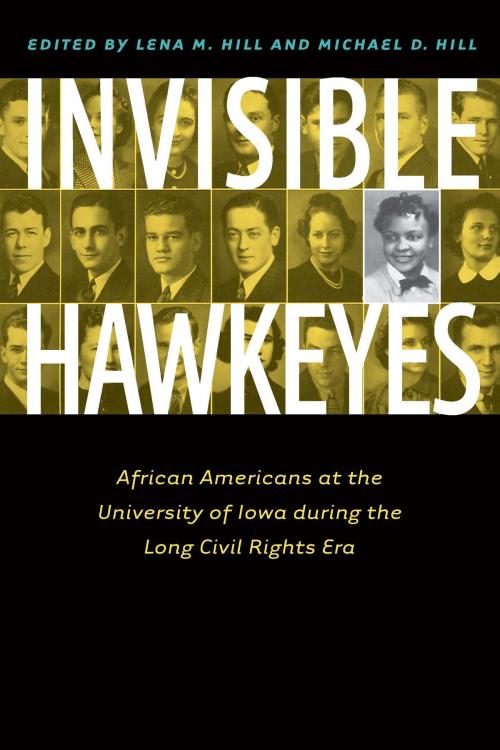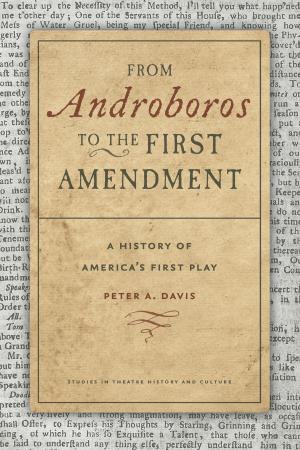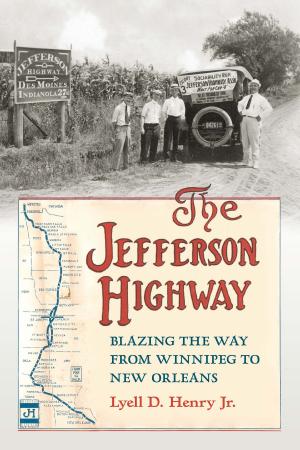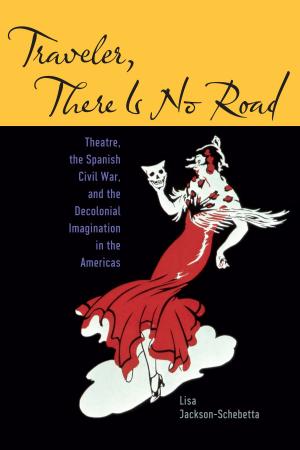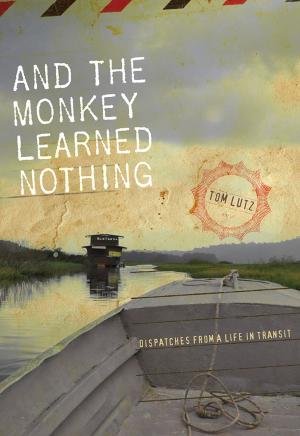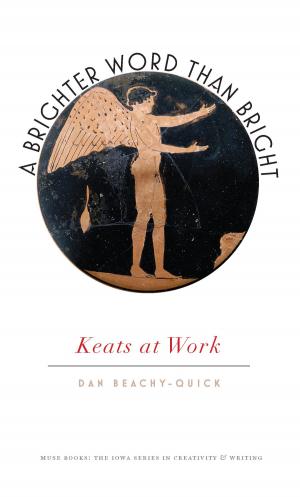Invisible Hawkeyes
African Americans at the University of Iowa during the Long Civil Rights Era
Nonfiction, Social & Cultural Studies, Social Science, Cultural Studies, African-American Studies, History, Americas, United States| Author: | ISBN: | 9781609384425 | |
| Publisher: | University of Iowa Press | Publication: | September 1, 2016 |
| Imprint: | University Of Iowa Press | Language: | English |
| Author: | |
| ISBN: | 9781609384425 |
| Publisher: | University of Iowa Press |
| Publication: | September 1, 2016 |
| Imprint: | University Of Iowa Press |
| Language: | English |
Between the 1930s and 1960s, the University of Iowa sought to assert its modernity, cosmopolitanism, and progressivism through an increased emphasis on the fine and performing arts and athletics. This enhancement coincided with a period when an increasing number of African American students arrived at the university, from both within and outside of the state, seeking to take advantage of its relatively liberal racial relations and rising artistic prestige. The presence of accomplished African American students performing in musical concerts, participating in visual art exhibitions, acting on stage, publishing literature, and competing on sports fields forced white students, instructors, and administrators to confront their undeniable intellect and talent. Unlike the work completed in traditional academic units, these students’ contributions to the university community were highly visible and burst beyond the walls of their individual units and primary spheres of experience to reach a much larger audience on campus and in the city and nation beyond the university’s boundaries.
By examining the quieter collisions between Iowa’s polite midwestern progressivism and African American students’ determined ambition, Invisible Hawkeyes focuses attention on both local stories and their national implications. By looking at the University of Iowa and a smaller midwestern college town like Iowa City, this collection reveals how fraught moments of interracial collaboration, meritocratic advancement, and institutional insensitivity deepen our understanding of America’s painful conversion into a diverse republic committed to racial equality.
SUBJECTS COVERED
Edison Holmes Anderson, George Overall Caldwell, Elizabeth Catlett, Fanny Ellison, Oscar Anderson Fuller, Michael Harper, James Alan McPherson, Herbert Franklin Mells, Herbert Nipson, Thomas Pawley, William Oscar Smith, Mitchell Southall, Margaret Walker
CONTRIBUTORS
Dora Martin Berry, Richard M. Breaux, Kathleen A. Edwards, Lois Eichaker, Brian Hallstoos, Lena M. Hill, Michael D. Hill, Dianna Penny, Donald W. Tucker, Ted Wheeler
Between the 1930s and 1960s, the University of Iowa sought to assert its modernity, cosmopolitanism, and progressivism through an increased emphasis on the fine and performing arts and athletics. This enhancement coincided with a period when an increasing number of African American students arrived at the university, from both within and outside of the state, seeking to take advantage of its relatively liberal racial relations and rising artistic prestige. The presence of accomplished African American students performing in musical concerts, participating in visual art exhibitions, acting on stage, publishing literature, and competing on sports fields forced white students, instructors, and administrators to confront their undeniable intellect and talent. Unlike the work completed in traditional academic units, these students’ contributions to the university community were highly visible and burst beyond the walls of their individual units and primary spheres of experience to reach a much larger audience on campus and in the city and nation beyond the university’s boundaries.
By examining the quieter collisions between Iowa’s polite midwestern progressivism and African American students’ determined ambition, Invisible Hawkeyes focuses attention on both local stories and their national implications. By looking at the University of Iowa and a smaller midwestern college town like Iowa City, this collection reveals how fraught moments of interracial collaboration, meritocratic advancement, and institutional insensitivity deepen our understanding of America’s painful conversion into a diverse republic committed to racial equality.
SUBJECTS COVERED
Edison Holmes Anderson, George Overall Caldwell, Elizabeth Catlett, Fanny Ellison, Oscar Anderson Fuller, Michael Harper, James Alan McPherson, Herbert Franklin Mells, Herbert Nipson, Thomas Pawley, William Oscar Smith, Mitchell Southall, Margaret Walker
CONTRIBUTORS
Dora Martin Berry, Richard M. Breaux, Kathleen A. Edwards, Lois Eichaker, Brian Hallstoos, Lena M. Hill, Michael D. Hill, Dianna Penny, Donald W. Tucker, Ted Wheeler
